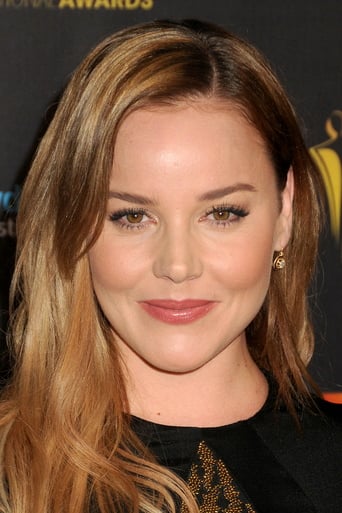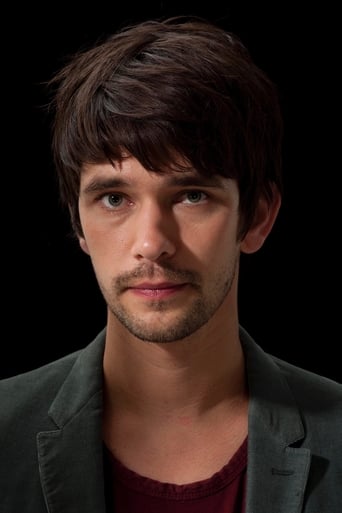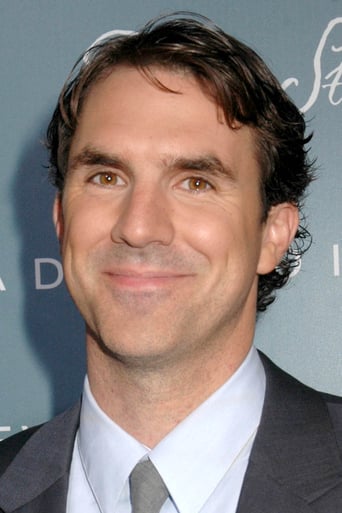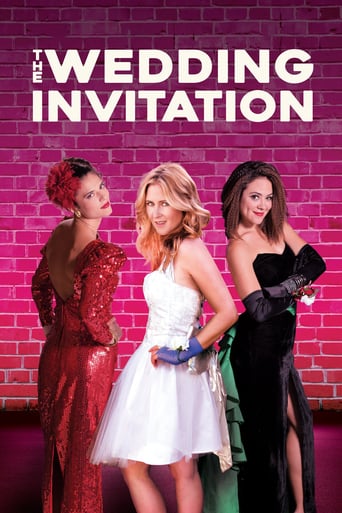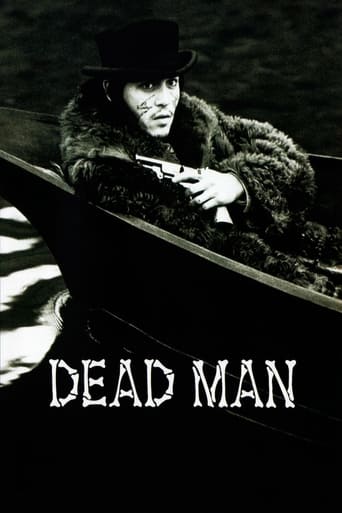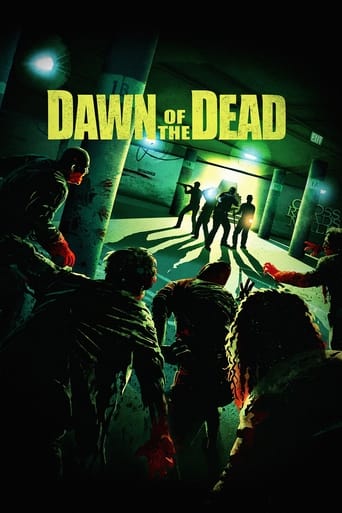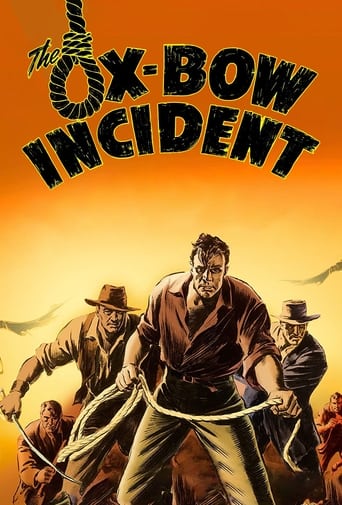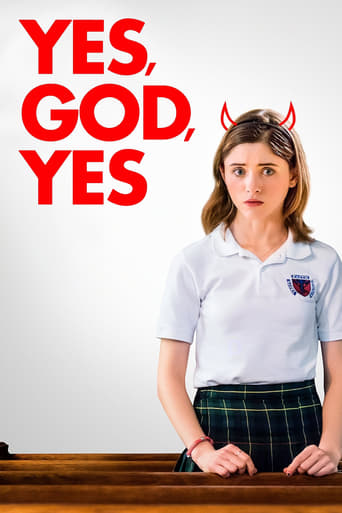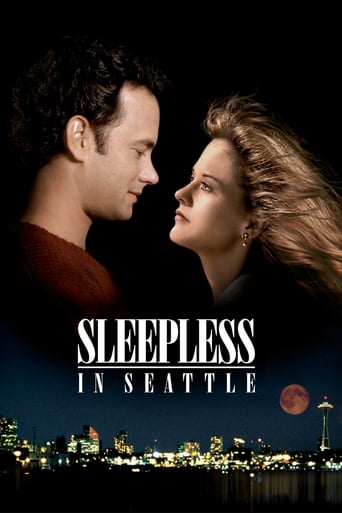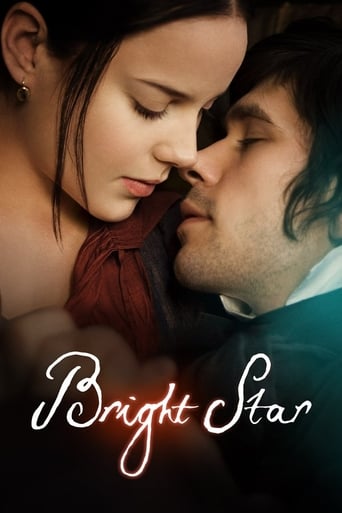
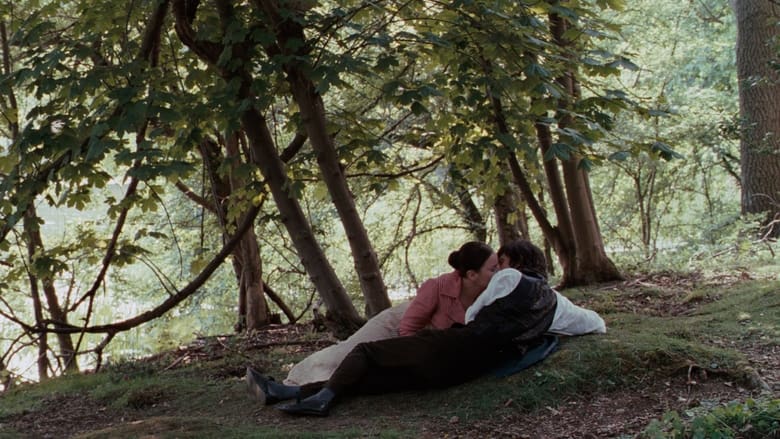
Bright Star (2009)
In 1818, high-spirited young Fanny Brawne finds herself increasingly intrigued by the handsome but aloof poet John Keats, who lives next door to her family friends the Dilkes. After reading a book of his poetry, she finds herself even more drawn to the taciturn Keats. Although he agrees to teach her about poetry, Keats cannot act on his reciprocated feelings for Fanny, since as a struggling poet he has no money to support a wife.
Watch Trailer
Cast
Similar titles


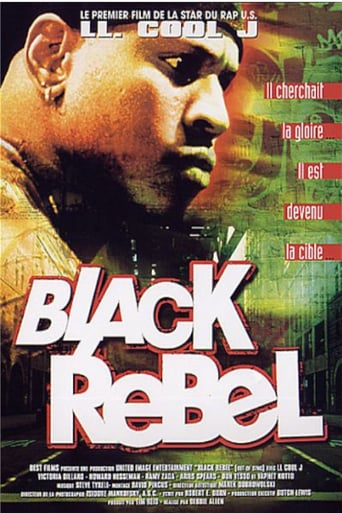
Reviews
Pretty Good
Must See Movie...
Although it has its amusing moments, in eneral the plot does not convince.
Not sure how, but this is easily one of the best movies all summer. Multiple levels of funny, never takes itself seriously, super colorful, and creative.
When watching Jane Campion's affectionate account of the final months of John Keats's brief life I could not but ponder on the precariousness of human existence even at such relatively short time ago as the early years of the nineteenth century. Ahead were those advances in medical science that certainly have enabled this octogenarian to watch several hundred wonderful films rather than a small handful. It is the ephemeral nature of experience that tugs at the heartstrings, a romance with everything going for it, cut short because a cure now available simply was not there. "Bright Star" lovingly conveys the "carpe diem" of the all too brief relationship of the young poet with his very near neighbour, Fanny Brawne. Ben Whishaw and Abbie Cornish instinctively express the emotions of an affair they know to be all too short in a way that reminds that great romantic cinema is far from dead. As if this were not enough, Campion's work is terrific on period detail. A shot very near the beginning depicting a Hampstead village landscape with white sheets of washing flapping in the foreground is breathtakingly beautiful. And this just one of many. There are moments of exquisite tenderness such as the scene where Keats comments on the rosebud complexion of Toots, Fanny's much younger sister. We are never far from the poetry itself which is oft-quoted even to the extent of providing a background to the final credits thus rendering the usual rushed exit from the half lit "dream palace" all but impossible. There is a moment shortly towards the end when Fanny, hearing of Keats's death collapses in a paroxysm of grief. As moving as similar moments in the work of such masters as Satyajit Ray and Hou Hsiao-Hsien, this places Jane Campion's film on the highest level.
Jane Campion directs "Bright Star". The film is based on the last three years of the life of poet John Keats (Ben Whishaw), and charts his romantic relationship with a young woman, Fanny Brawne (Abbie Cornish).Like many of Campion's pictures ("Holy Smoke", "The Piano", "In The Cut"), "Bright Star" is both gorgeously directed and erotically charged. Campion's compositions are immaculate, her cinematography precious and the film's lighting oft recalls the faint whites of Johannes Vermeer.Typical of Campion, "Bright Star" also manages to be sexy despite the chastity of its lead characters. Where Campion's "Piano" and "Cut" charged music and words with sexual possibility, in "Bright Star" we're thrown into the world of two lovers who imbue words with an eroticism which their bodies aren't allowed. Separated by tight corsets, social barriers and tradition, Brawne and Keats ravish one another with prose and stanzas, poetry and literature becoming a form of prim foreplay.But Keats and Barwne aren't simply lovers stereotypically boxed in by the social mores of the 19th century. No, both are also a couple of strong-willed, assertive bohemians. Brawne is a fiery proto-feminist who walks at the beat of her own drum, and Keats likewise doesn't give a damn about what anybody thinks or says. This results in a film which breaks away from the conventions of most romantic films set in the 19th century. Rather than a Jane Austenesque tale in which social pressures keep lovers apart, Campion serves up a tale in which two lovers decide to remain apart as an act of both pragmatism and love; Keats refuses to marry Brawne so as not to be a financial burden and Brawne refuses to marry Keats as an act of deference, refusing to get in the way of his poetry. Keats and Brawne's romance may be doomed, but it is doomed because they mutually will it. It is doomed by choice.Campion is one of the few female directors to command a mainstream audience. Virtually all her films are underrated, "Bright Star" included. Arguably Campion's most confidently directed picture, it features an excellent performance by Abbie Cornish, whose difficult role requires a blending of fragility, inexperience, power and agency. Those looking for insights into Keats' life and poetry, however, will be disappointed. Unlike Brawne, Campion's Keats never amounts to anything more than a stereotype. He's a dainty "emo" artist, a giant caricature of a Romantic Poet, and the words which springs from his mouth and pen seems to come from a personality completely at odds with what Campion has sketched. The blunt, mannered prose of Keats is also at odds with Campion's visual beauty, which is gentle, ethereal and delicate. Still, these are minor criticisms. Campion's "Bright Star" is mostly excellent, at least insofar as it echoes the ethos of the Romantic Movement, a movement which arose in the mid 1790s and became unconsciously obsessed with a form of pantheism (seeing the divine in everything), nostalgia, naivety and reacted against Enlightenment principles (most of the famous Romantic artists eventually became giant reactionaries). Campion's Keats is similarly narrow minded, but to Brawne, these fixations make him irresistibly delectable.8/10 – Sumptuous. Worth multiple viewings.
I had the pleasure of attending a screening of Bright Star with Director Jane Campion and rascal Mr. Brown (Paul Schneider) - who, by the way, is even more handsome in person. I thoroughly enjoyed this quiet, elegant and romantic film. It is the embodiment of romance in every way possible. This story really seems to capture the essence of John Keats and the tragic love affair that was cut short with his only true love - Fanny Brawne (played brilliantly by Abbie Cornish). It is heartbreaking to watch how this relationship progresses, from the hostility and jealousy of his friend, Charles Brown to the physical frailty that Keats endured. It is a Romeo and Juliet scenario in the sense that their inability to be together was based upon the moral code of the as yet to become Victorian era.The film provides great insight into the astounding beauty of Keats' poetry that is emotionally moving well beyond his years. Fanny's steadfast and pure devotion is doomed, but she never wavers. Like him, she has the soul of an artist and her chosen outlet is clothing design. There has been speculation as to whether Brown had sexual feelings for Keats. Reading between the lines it appears as though that may have been the case. Every so gently, Campion touches upon this first through Brown's seemingly unfounded jealousy of Fanny. During one scene, Brown maintains that he has failed Keats and goes on to say that he was never aware of how much Keats had wrapped himself around his heart. However, Campion is adept at subtlety, perhaps unlike any other filmmaker. The gentleness with which she tells this story does not provide any obvious explanation for a man to be so vehemently opposed to a friend's love for a woman. It is also easy to be entranced by the romance in this film and get swept into the love between Fanny and Keats so as not to see the subplot clearly. Brown's love for Keats is an interesting aspect of the story - but there is no direct and actual evidence of a triangle. But if you watch closely, it may become more obvious than could be realized.
....this starts out promising and does at times get a little slow, but because I love Ben Wishaw had to stick with it. Though it was nice not to see any gratuitous sex, just two people who were deeply in love and you felt it. A very nice film and very sad! I am surprised to see the guy who played Mr Brown, Paul Schnider, is American! A very convincing Scotsman and definitely a superb support. Abbie Cornish, I don't think is English, was also brilliant. When she heard of John's death her grief was very realistic, I really felt her pain! Ben Whishaw, as ever, extremely watchable and convincing. Also the young girl who played Fanny Brawne's young sister Toots was one to watch, very good little actress!
